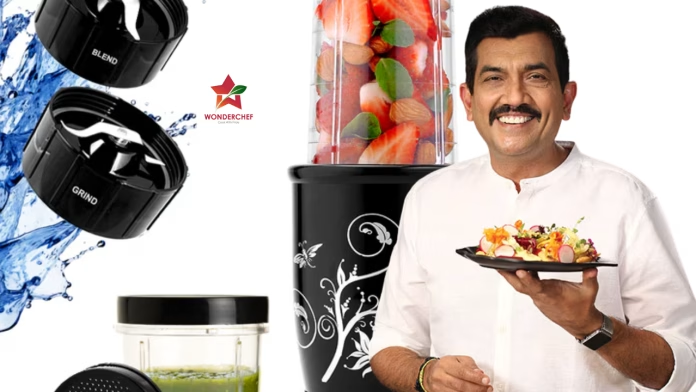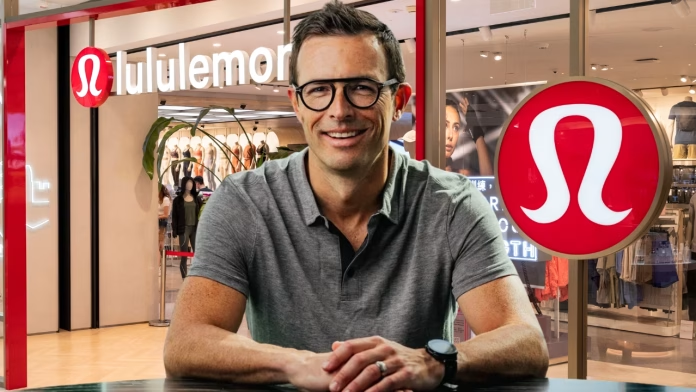The Bombay High Court has ruled in favor of global brewing leader AB InBev, issuing a permanent injunction against Madhya Pradesh-based Jagpin Breweries for marketing its beer under the name “COX 5001.” The judgment concludes a legal battle that began in 2012 when AB InBev India, the local subsidiary of the world’s largest brewer, filed a trademark infringement case against the mass-market beer producer.
Justice Arif Doctor observed that the numeral “5001” is conceptually and visually similar to AB InBev’s established trademark “Haywards 5000,” a core feature of the brand. The court noted that consumers, particularly those with imperfect recollection, could be misled into believing that Jagpin’s product is associated with or endorsed by AB InBev. The ruling emphasized that such misrepresentation carries a tangible risk of damage to the goodwill and reputation of AB InBev, as the beer industry relies heavily on brand recognition and consumer trust.
AB InBev argued that its mark combines the word “Haywards” with the numeral “5000,” both of which are essential to the label’s distinct identity. Advocate Ashutosh Kane, representing AB InBev India, contended that Jagpin Breweries adopted “5001” with the sole intention of leveraging the established recognition of “Haywards 5000,” describing the move as “plainly dishonest.”
The court’s decision reinforces intellectual property protections in India’s beverage sector, sending a clear message about the importance of safeguarding trademarks from imitation that could create market confusion. The injunction prevents Jagpin from producing, advertising, or selling beer under the disputed name, securing AB InBev’s ability to protect one of its flagship products in India.
Haywards 5000 has been a leading product for AB InBev in the country, and the judgment strengthens the company’s position against imitators, highlighting the significance of brand integrity and consumer perception in the highly competitive Indian beer market.










